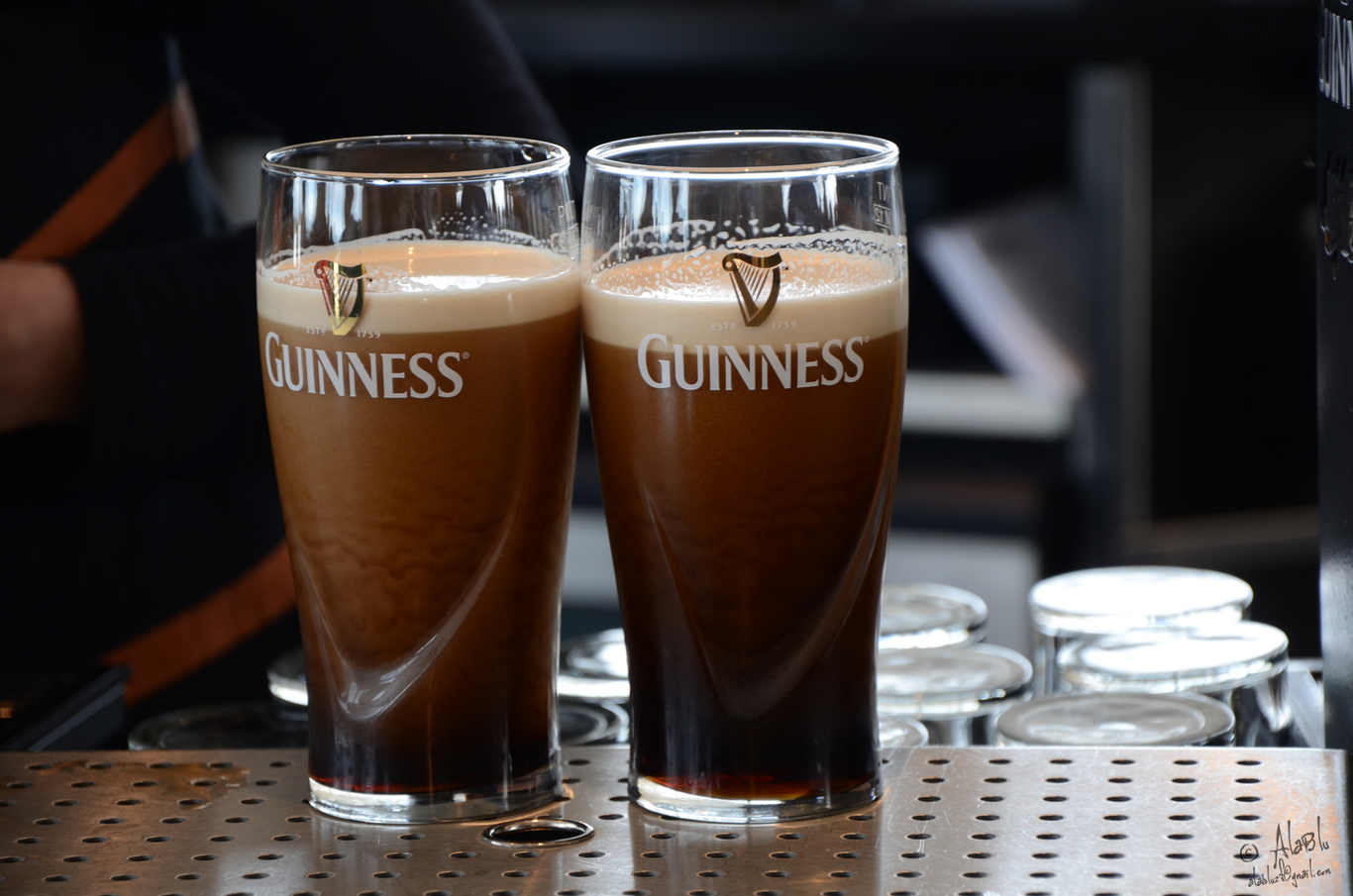'The brewing industry faces challenges that could stifle investment and kill innovation'
But despite the headwinds, the sector has a lot to be proud of in Ireland.
TODAY MARKS INTERNATIONAL beer day, the global celebration of what remains Ireland’s favourite alcoholic drink – making up 46% of the market here.
In 2016 beer consumption rose marginally and consumers are blessed with an unprecedented choice of beer brands in stores, restaurants and pubs across the country.
The Irish Brewers Association’s annual ‘beer market report’ shows productivity remaining steady while exports are continuing to perform strongly.
On the surface, all appears to be going well in the brewing sector, but the industry is facing challenges which could stifle investment and kill innovation, ultimately reducing consumer choice.
The most immediate threat facing the sector is an excise increase. We already pay the highest prices for alcohol in the EU, at 75% above the EU average, and have the second highest rate of excise in the EU. We pay 1000% more on excise than beer drinkers in Germany.
Beer excise is a regressive tax on jobs, tourism and regional development. Reducing excise will facilitate investment in the beer sector from grain to glass and beyond.
The Public Health (Alcohol) Bill presents another major threat to Ireland’s brewing sector. The current proposals on advertising, labelling, a minimum unit price on alcohol and retail restrictions will do substantial damage to both the craft and commercial brewing sector.
In addition, there is no credible evidence to suggest that the Bill will achieve its stated aim of reducing alcohol misuse. In fact, alcohol consumption has declined by 25% since 2005, according to the World Health Organisation.
Ireland already has the strictest advertising codes in the world yet marketing and advertising restrictions proposed in the Bill will even mean the iconic Guinness Christmas ad will be banned.
The Bill proposes banning images of people, animals, or all scenes of conviviality such as traditional Irish music session in all advertisements.
This would impact the new entrants to the market in particular who won’t be able to promote their product or gain market share. It will also impact large and small producers’ ability to innovate and launch new products on the Irish market.
The totality of such restrictions and will significantly impact beer brands’ ability to activate advertising for cultural and sports sponsorship. It will effectively kill beer sponsorship via the back door.
Furthermore, requirements under the Bill for an ‘Ireland-only’ health label on all pre-packaged beer would be very costly for small producers.
Brexit threat
A long-term threat facing the sector is Brexit. Currency fluctuations, tariffs and a hard border with Northern Ireland present financial and logistical challenges for Ireland’s brewers.
These challenges could potentially impact on productivity, jobs and investment. Enacting the Alcohol Bill in its current form and increasing beer excise are two ‘own goals’ which could jeopardise the sector.
Despite the above challenges there is still a lot to be excited about. The craft beer revolution is continuing apace with an estimated 3.4% market share in 2016, up from 0.6% in 2012.
It is clear that Irish consumers are opting for more choice while still remaining loyal to drinking stout as it accounts for almost a third of all beer sales in Ireland.
Alan Kelly’s Craft Drinks Bill is another welcome development and if enacted it will enable Ireland’s fledgling craft breweries to sell their products on-site, which will provide a welcome boost for beer tourism in Ireland.
Since 2014, Irish beer exports have risen by an impressive 23% and last year accounted for 20% of Ireland’s total beverage exports. This is further proof that there is a strong international appetite for new and long-established Irish beer brands.
Increased Irish beer exports can lead to further job creation at home while supporting inward tourism. In 2016 a staggering number of overseas visitors travelled to Ireland – just under 9 million.
One of the primary tourist attractions is sampling an Irish beer in an Irish pub, a reality that is often overlooked by policymakers.
Last year the Guinness Storehouse was the country’s top international tourism attraction, welcoming 1.6 million from around the globe.
There is a stark choice facing legislators concerning Ireland’s brewing sector – to punish consumers and penalise an industry that supports local economies or to take pride in an industry that employs people around the country and is a key part of our tourism offering.
I urge policymakers to choose the latter and value the sector’s contribution and economic potential.
Jonathan McDade is head of the Irish Brewers Association.
If you want to share your opinion, advice or story, email opinion@fora.ie.






